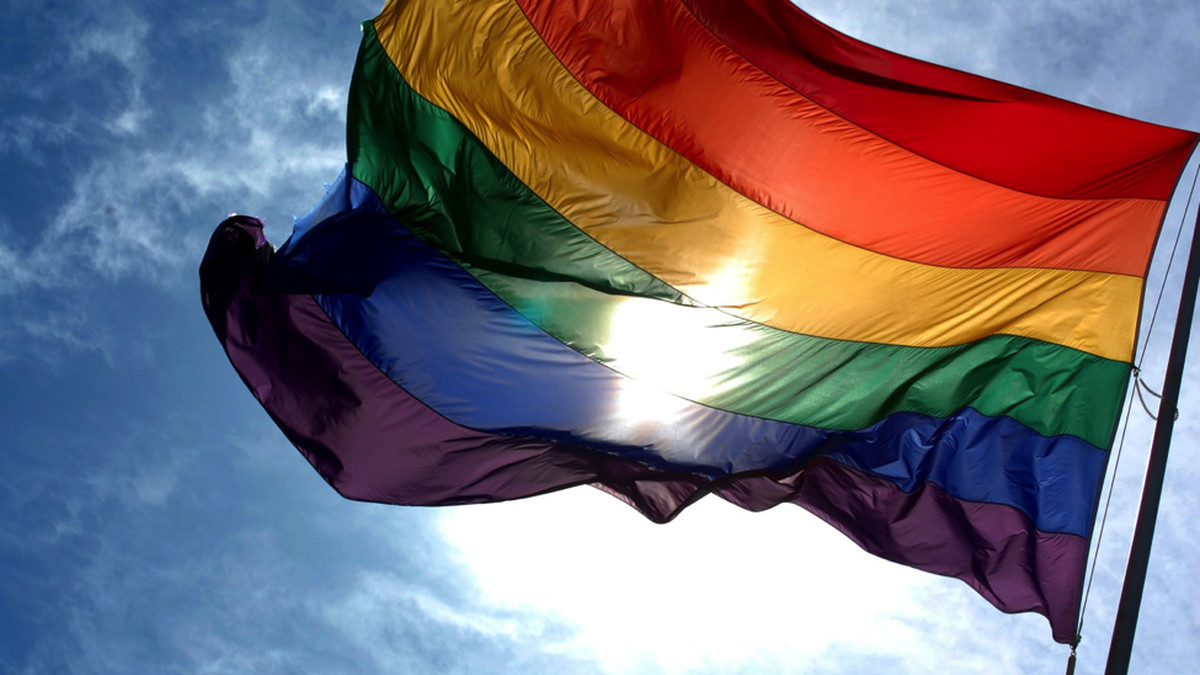In November 2022, two same-sex couples moved the Supreme Court, arguing that their inability to marry under Indian family law amounted to a violation of their fundamental rights to equality, life and liberty, dignity, free speech and expression, etc.
- After a hearing that lasted 10 days, the court reserved its judgment for May 2023 and delivered its final verdict on October 17, 2023.
- A five-judge Constitution Bench of the Supreme Court headed by Chief Justice of India (CJI) D.Y. Chandrachud on Tuesday refused to grant legal status to same-sex marriages.
- While two judges—the CJI and Justice Sanjay Kishan Kaul—recognized that queer couples can form “civil unions”, they were in the minority.
- The majority of three judges said that the issue lay exclusively in the domain of the legislature.
- The key issue before the court was simple: is there a right to marry under the Indian Constitution, and if there is, is the prevention of same-sex or queer couples from being able to enjoy this right discriminatory?
- Both questions were answered firmly and unanimously in the negative.
- Marriage, according to the court, is an institution set up under law, and same-sex couples do not have a right to participate in it unless the law permits them to do so. The fact that it does not permit them at this moment, according to the court, is not unconstitutional.
- The Special Marriage Act, 1954—a legislation that was enacted to enable inter-faith marriages and the challenge against which formed the foundation of the hearings—was upheld in its current form, i.e., permitting marriages only between a ‘man’ and a ‘woman’.
- Ultimately, the court held that there is no fundamental right to marry, although the minority observed that the right to marry interfaces with other fundamental rights, including the right to freedom of expression, freedom of movement, and a life of dignity and autonomy.
Queer couples’ right to adopt a child
- The petitioners had argued that the guidelines of the Central Adoption Resource Authority (CARA), which do not allow unmarried couples to jointly adopt children, are discriminatory against queer couples who cannot legally marry.
- The guidelines allow only a couple who have been in at least two years of a stable marital relationship to be eligible to adopt. Individually, queer people can adopt as single people. However, a single male is not eligible to adopt a girl child, even though a single female is eligible to adopt a child of any gender.
Judgment: Majority View
- The majority view largely agreed with the discriminatory aspects of preventing queer couples from adopting children. Justice Bhat termed this as having the “most visible” discriminatory impact on queer couples and, in principle, agreed that a couple “tied together in marriage is not a’morally superior choice’, or per se, makes better parents”.

